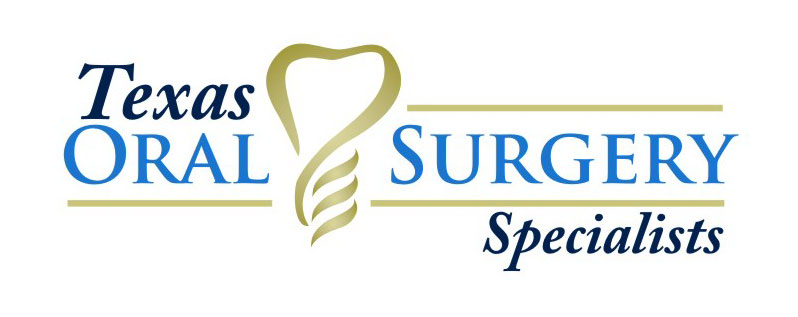 While patients usually visit their general dentist regularly, it’s not typical to visit an oral surgeon unless something specific is necessary. General dentists provide preventative, cosmetic, and restorative needs, such as fillings, crowns, cleanings, and routine exams. If your general dentist notices a problem that requires specialty treatment, he or she may refer you to an oral surgeon, like Dr. Chris Tye. Board certified, Dr. Tye has years of experience serving patients at our NRH oral surgery practice. Today, we’ll briefly explore some of the most common treatments performed here so patients can know what to expect.
While patients usually visit their general dentist regularly, it’s not typical to visit an oral surgeon unless something specific is necessary. General dentists provide preventative, cosmetic, and restorative needs, such as fillings, crowns, cleanings, and routine exams. If your general dentist notices a problem that requires specialty treatment, he or she may refer you to an oral surgeon, like Dr. Chris Tye. Board certified, Dr. Tye has years of experience serving patients at our NRH oral surgery practice. Today, we’ll briefly explore some of the most common treatments performed here so patients can know what to expect.
We provide a wide range of oral surgery procedures to patients in the NRH area and surrounding communities. To learn more, give us a call at 817-552-3223.
#1: Wisdom Teeth Extraction
One of the most common treatments we offer at our NRH oral surgery practice is wisdom teeth removal. In fact, about 85 percent of the population will need to have these teeth extracted at some point during their lifetime. In many cases, wisdom teeth grow in sideways or become either partially or fully impacted in the jawbone. This can lead to decay, infection, pain, and inflammation. To prevent issues from spreading to other teeth, most dentists recommend removing the wisdom teeth when individuals are in their late teens or early 20s.
#2: Dental Implants
Teeth replacement methods have come a long way over the last several decades. Unlike alternative options, like bridges or partials, dental implants restore the roots of missing teeth. These threaded posts are surgically embedded into the jawbone. Once healed, they can support crowns, bridges, or dentures for a secure and stable smile.
Some general dentists place their own implants. But many of them refer out to a board certified OMS like Dr. Tye. He performs the surgical aspect of the procedure here at our NRH oral surgery practice. Then, once the implants heal, he refers the patient back to the general dentist for a custom restoration. This ensures that patients receive top-tier care.
#3: Bone Grafting
When tooth loss occurs, the supporting bone tissue can degenerate over time. Bone loss may also be caused by genetic issues or trauma. When the jawbone loses too much density, it cannot support dental implants. For this reason, many patients have been told they don’t qualify for this type of procedure. A bone graft can add volume to the jaw and create a solid foundation for implants.
There are several types of bone grafts available, including:
- Socket preservation: This is placed immediately after an extraction to prevent the bone ridge from collapsing and shrinking.
- Ridge augmentation: If tooth loss has occurred over time, or if the bone tissue has always been thin in a particular area, this procedure can add width and volume to increase eligibility for dental implants.
- Sinus lifts: When tooth loss occurs in the back of the upper jaw, it’s possible for the maxillary sinuses to drop down and invade the space once occupied by teeth roots. A sinus lift repositions the sinus membrane to its proper location, then adds a bone graft underneath it. After a few months of healing, implants can be placed.
#4: Corrective Jaw Surgery
When the teeth are out of alignment, the first recommended treatment is often braces. But if your orthodontic issues stem from skeletal abnormalities, the only way to fix them is through jaw surgery at our NRH oral surgery practice. Corrective jaw surgery is performed in conjunction with orthodontic treatment; Dr. Tye works closely with an orthodontist in the area so patients can achieve the best possible outcome. Though this type of treatment is extensive, most patients agree the enhanced quality of life is well worth it.
Contact Our NRH Oral Surgery Practice
Even if you haven’t been referred by a general dentist, you can still schedule an appointment at our NRH oral surgery practice. Call us at 817-552-3223 or contact us online anytime.


